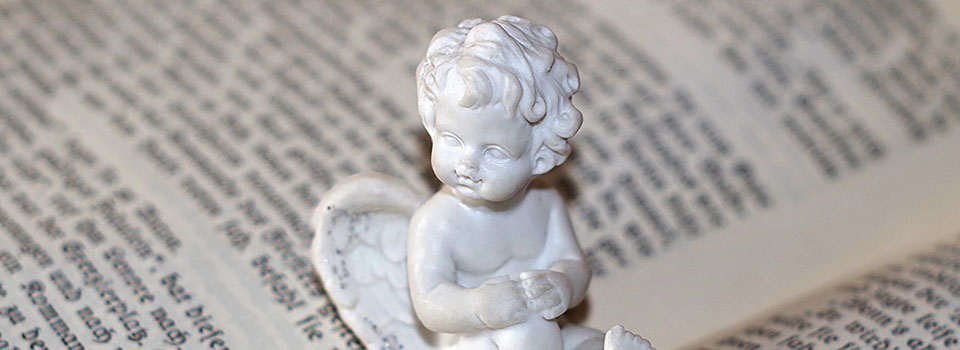
Contemporary German literature is currently at the height of its popularity. A great many young authors who write compelling stories have won the hearts of many readers in a short time. Experienced and better-known German writers have long been beloved by large audiences. For those seeking more in the study of the German language, reading modern literature will prove not only useful, but also very enjoyable.
The last decade of the twentieth century has produced an almost limitless number of novels and short stories that are essentially aesthetic reactions to the historical events of the fall of the Berlin Wall and the unification of the two German states, so it is rational to label the resulting literature in the discourse of the turn as turnaround literature.
The end of the German partition and its consequences became a central theme of the literature of the 1990s. Although there has been considerable interest in this discourse among writers and readers, there is still a need for an aesthetic revision of the German-German past. This is borne out by a look at two novelizations and their reception in literary criticism. When Christoph Geins’s novel Capture of the Land (2004) came out, it found itself in the spotlight of readers and critics as a pomanspiral. This was also the fate of IngoZulze’s voluminous novel “New Lives” (2005), which came out immediately after “Simple Stories”.